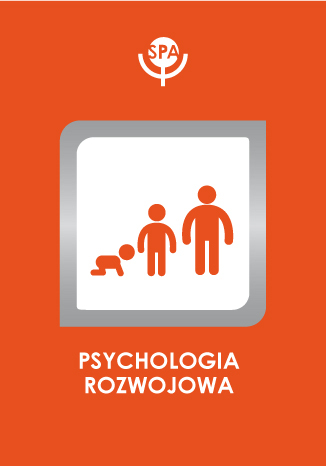Wpływ kontaktu z INNYM rówieśnikiem na przekształcenia podstaw organizacji zachowania dziecka w wieku przedszkolnym

Błażej Smykowski
DOI:
Rocznik: 1999 Tom: 5 Numer: 4
Strony: 333-344
Peer-contacts of pre-school children with "other" children are analyzed from the point of view of the process of psychosocial identity formation an and individual's readiness to solidarity with others in adulthood. Erikson's epigenetic plan, Leontiev's differentiation between sense and meaning and Vygotsky's theory of thinking development and the role of developmental crises are the basis for theoretical considerations and empirical questions. Pre-school children, aged 6 years, from integrating (n = 14) and nonintegrating (n = 24) kindergartens were subjects of this study. Research methods were an experiment (some kind of the game) and a short interview with the child. The quality of cooperation with other children was investigated. The results obtained and a statistical analysis show that the integrating kindergarten plays a particular, i.e. stimulating, role, especially towards children with slow development in comparison with peers. On the other hand the specific? Impact of this kind of kindergarten is connected with such children's higher ability to change the content of peer – cooperation pattern.









 Pobierz pełny tekst
Pobierz pełny tekst



